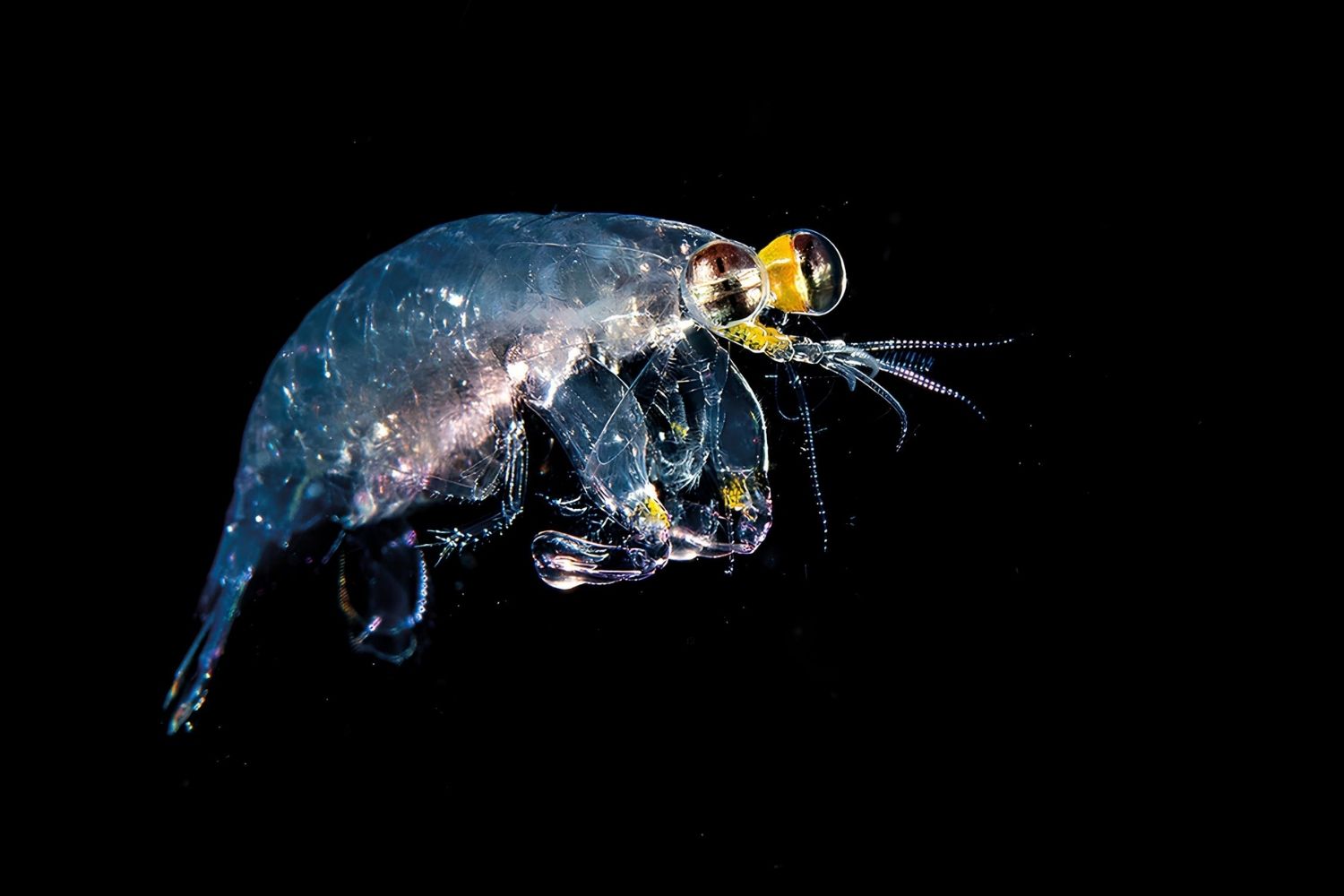
Plankton might seem like tiny, insignificant creatures, but they play a massive role in our oceans and even our daily lives. These microscopic organisms drift through water, forming the foundation of aquatic food chains. Did you know that plankton produce more than half of the world's oxygen? That's right, these little guys are crucial for the air we breathe! From providing food for whales to influencing global climate patterns, plankton are true unsung heroes of the sea. Whether you're a budding marine biologist or just curious about ocean life, these 27 facts about plankton will blow your mind and deepen your appreciation for these tiny titans.
What is Plankton?
Plankton are tiny organisms that drift in oceans, seas, and freshwater bodies. They play a crucial role in aquatic ecosystems. Let's dive into some fascinating facts about these microscopic marvels.
-
Plankton are divided into two main categories: phytoplankton (plant-like) and zooplankton (animal-like).
-
Phytoplankton produce about 50% of the world's oxygen through photosynthesis.
-
Zooplankton feed on phytoplankton and other small particles in the water.
The Importance of Plankton
Plankton might be small, but they have a big impact on the environment and human life.
-
Plankton form the base of the aquatic food web, supporting fish, whales, and other marine creatures.
-
They help regulate the Earth's climate by absorbing carbon dioxide from the atmosphere.
-
Some plankton species are bioluminescent, meaning they can produce light.
Plankton and Human Life
You might not realize it, but plankton affect our daily lives in various ways.
-
Plankton are used in scientific research to study climate change and ocean health.
-
Certain types of plankton are harvested for use in dietary supplements and cosmetics.
-
Plankton blooms can sometimes cause harmful algal blooms, which can be toxic to marine life and humans.
Plankton Diversity
The world of plankton is incredibly diverse, with thousands of different species.
-
Diatoms are a type of phytoplankton with intricate silica shells.
-
Copepods are small crustaceans that make up a significant portion of zooplankton.
-
Dinoflagellates are another type of phytoplankton known for their two flagella, which help them move.
Plankton in Different Environments
Plankton can be found in various aquatic environments, each with its unique characteristics.
-
Freshwater plankton live in lakes, rivers, and ponds.
-
Marine plankton inhabit oceans and seas, often forming large blooms visible from space.
-
Some plankton species thrive in extreme environments, such as the deep sea or polar regions.
Plankton and the Food Chain
Understanding the role of plankton in the food chain helps us appreciate their importance.
-
Small fish and larvae feed on plankton, which in turn are eaten by larger fish.
-
Baleen whales consume massive amounts of plankton, filtering them through their baleen plates.
-
Even seabirds rely on plankton-rich waters to find food.
Plankton and Climate Change
Plankton are both affected by and play a role in climate change.
-
Rising ocean temperatures can disrupt plankton populations and their distribution.
-
Ocean acidification, caused by increased CO2 levels, can harm plankton with calcium carbonate shells.
-
Changes in plankton populations can impact the entire marine food web and global carbon cycle.
Fun Facts About Plankton
Let's end with some fun and quirky facts about these tiny organisms.
-
Some plankton can move vertically in the water column to avoid predators or find food.
-
Plankton can form large swarms, sometimes covering hundreds of square kilometers.
-
The word "plankton" comes from the Greek word "planktos," meaning "drifter" or "wanderer."
-
Plankton have been around for millions of years, with fossil records dating back to the Cambrian period.
-
Some plankton species can survive in a dormant state for years, waiting for favorable conditions to thrive.
-
Plankton are essential for the survival of coral reefs, providing food for coral polyps and other reef organisms.
Plankton: Tiny Wonders of the Ocean
Plankton might be small, but they play a huge role in our oceans. These tiny organisms are the foundation of the marine food web, supporting everything from small fish to massive whales. They produce a significant portion of the world's oxygen, making them crucial for life on Earth. Plankton also help regulate the planet's climate by absorbing carbon dioxide.
Understanding plankton is essential for grasping the health of our oceans and the planet. Their presence or absence can indicate changes in water quality and climate conditions. By studying plankton, scientists can predict shifts in marine ecosystems and address environmental challenges.
Next time you think about the ocean, remember the tiny plankton working tirelessly to keep our planet healthy. These microscopic marvels truly are the unsung heroes of the sea.
Was this page helpful?
Our commitment to delivering trustworthy and engaging content is at the heart of what we do. Each fact on our site is contributed by real users like you, bringing a wealth of diverse insights and information. To ensure the highest standards of accuracy and reliability, our dedicated editors meticulously review each submission. This process guarantees that the facts we share are not only fascinating but also credible. Trust in our commitment to quality and authenticity as you explore and learn with us.
